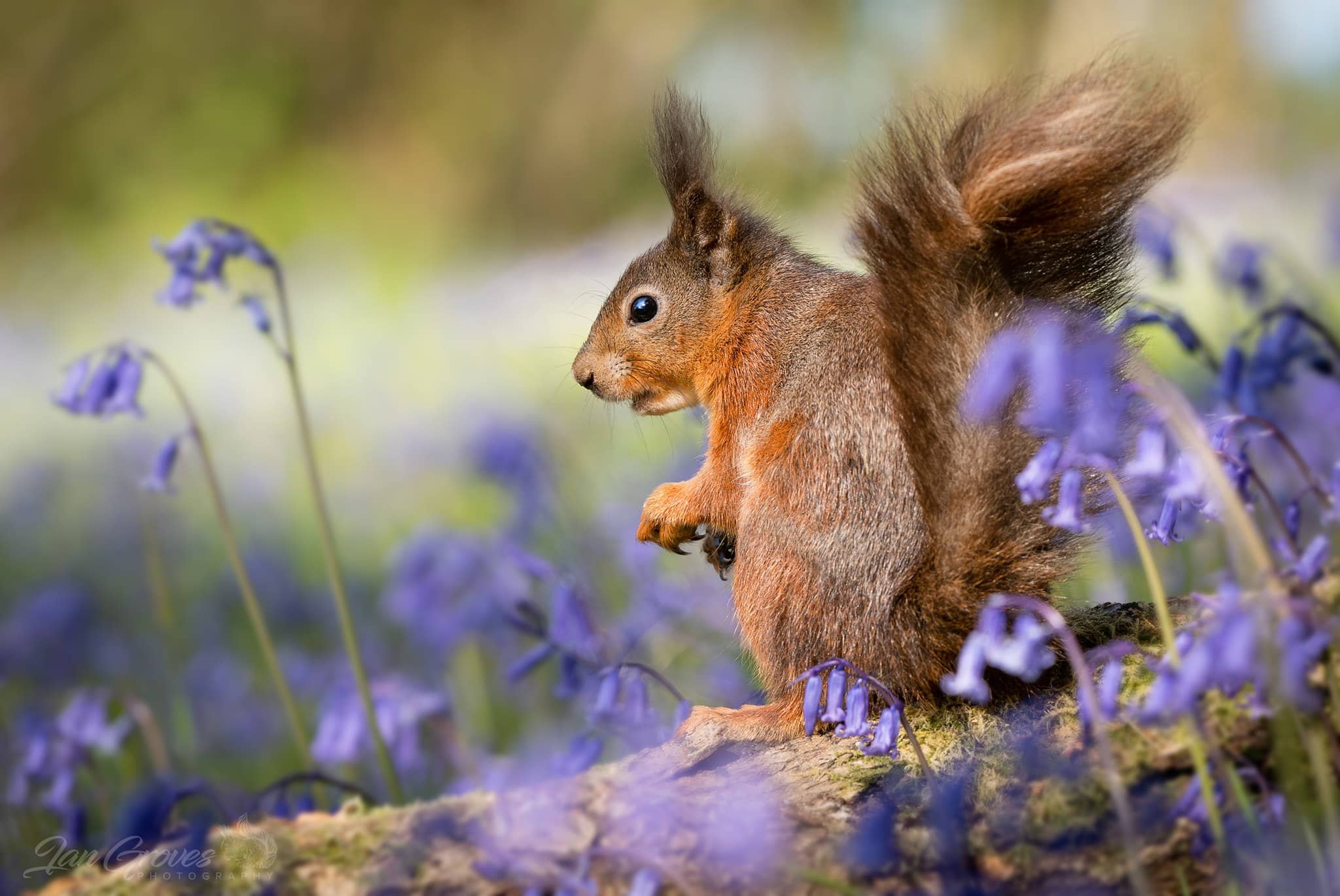Scientists at Bournemouth University have made a fascinating discovery about red squirrels on the Isle of Wight.
The team, headed by Dr Emilie Hardouin and Dr Kathy Hodder, have been examining the genetics of red squirrels on Brownsea Island, Furzey Island, and the Isle of Wight, the only places in the South of England where these cherished wild rodents can still be found.
Different genetic make-up
In a recent study, the team discovered that Isle of Wight squirrel populations on the east and west sides of the Island are genetically distinct.
The Island’s rural and urban landscapes seem to be restricting the squirrels’ ability to intermingle, as they prefer to dwell in tree canopies or hedges.
Creating woodland corridors
These findings support the efforts of conservation groups like the Wight Squirrel Project, which plants trees and hedgerows to create woodland corridors for easier squirrel movement.
Dr Hodder highlighted the limited suitable habitats for red squirrels, with only patches of woodlands available.
She noted that hedgerow trees could act as stepping-stones between these patches, benefiting other woodland species as well.
Hardouin: Bringing all their gene pools together
Dr Hardouin emphasised the need for the squirrels to adapt to new environmental conditions and achieve better genetic health for future generations. She said,
“Giving all the populations on the Island the opportunity to mix would allow them to bring all their gene pools together, creating better genetic health for future generations of squirrel and ensuring they can adapt as needed.”
Genetic distinctiveness another crucial reason to conserve
In an earlier study, the scientists discovered that populations on all three Islands are closely related and have a unique genetic makeup compared to red squirrels in other European countries.
Dr Hardouin suggested that the Island populations might be descendants of the original Dorset and Hampshire populations. She added that their genetic distinctiveness is another crucial reason to conserve them.
Researching inbreeding
The researchers now plan to investigate the extent of inbreeding among Isle of Wight squirrels further and discuss with conservation and wildlife groups about additional studies into the Poole Harbour squirrels.
You can read the study online here.
Image: © Ian Groves Photography





